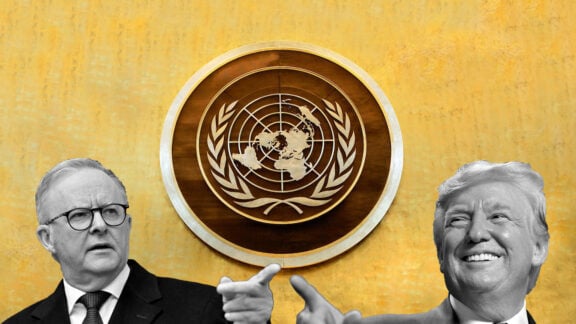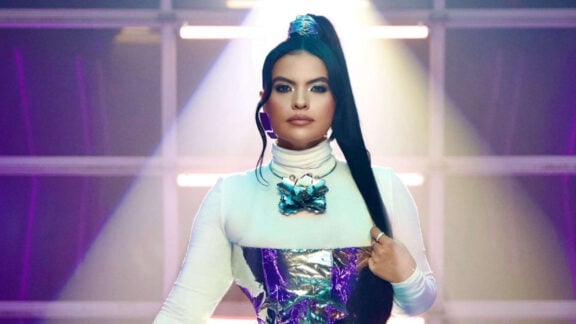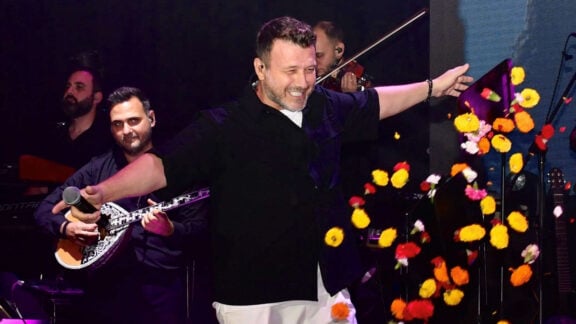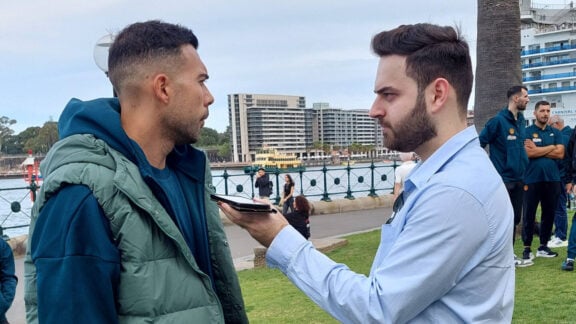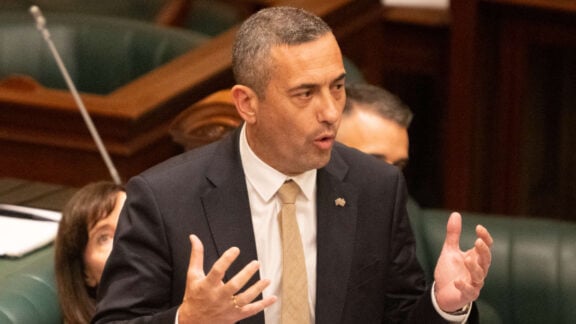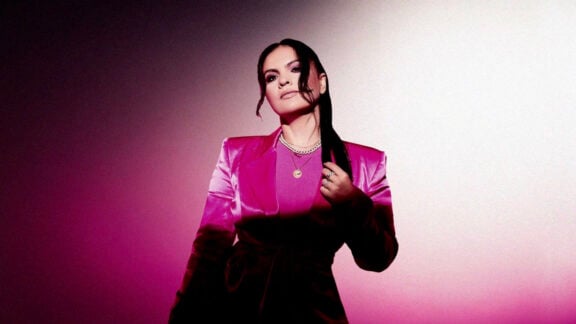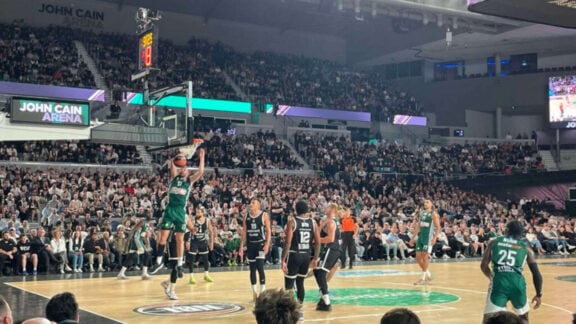Do you recall a photo of three grandmothers sitting on a bench on the island of Lesvos, bottle feeding a child to assist a Syrian refugee mother? It’s likely you do considering it went viral earlier this year in February.
The baby was in the hands of Emilia Kamvysi. And while the 86-year-old may be a conventionally significant figure, she has since become a symbol of Greek generosity.
As a result the grandmother has received two nominations for the Nobel Peace Prize by academics and lawmakers, amongst others, for her effort towards refugees, reports USA Today.
Owner of a bed and breakfast on the island, Roula Kyparisi is hopeful the local will win it.
“It’s so strange that your neighbour is a candidate for a Nobel Prize,” said Ms Kyparisi. “It’s good for the island and good for the grandmas.”
Ms Kamvysi will find out whether she is an official laureate on Friday, joined by big name hopefuls President Obama, Nelson Mandela and Mikhail Gorbachev.
“I wish that Greece wins this prize, not just me,” said Ms Kamvysi.
She has also pledged that if she goes on to win a share of the US$1.2 million prize, she will donate the full amount to the Greek healthcare system, stating that she is content living off her US$360 pension each month.
“What am I going to do with it anyway? There are many people that helped the refugees – the fishermen, the volunteers. It wasn’t just us. Those poor babies, escaping war and drowning in the waters. It’s such a shame. We’re all crying in the village whenever there’s a shipwreck,” Ms Kamvysi said, demonstrating yet again why she is a worthy candidate.
Also in the photo were Ms Kamvysi’s cousins, sisters Maritsa, 85, and 89-year-old Efstathia Mavrapidou, who don’t really understand the hype around the photo, given they were acting out of the kindness of their hearts.
“Concerning the photo that people talk about, we didn’t do really anything,” Ms Mavrapidou said.
“The mother came out of the boat, soaking wet. We held and fed her baby while she was changing. I have 16 grandchildren. Our hearts break to see so many children on the refugee boats.”
For Ms Kamvysi, each refugee that arrives on the shores of Greece is representative of her parents. They were also refugees, forced to flee their home on the island of Moshonisi (now known as Cunda) during the Greek-Turkish war in 1922.
“My mom was born in Turkey,” she reveals.
“She left persecuted and arrived here when she was only 17 years old. They came with hurt souls. It’s exactly how I see the refugees are today. When they arrived in Greece, the locals didn’t want them and saw them as foreigners.”
